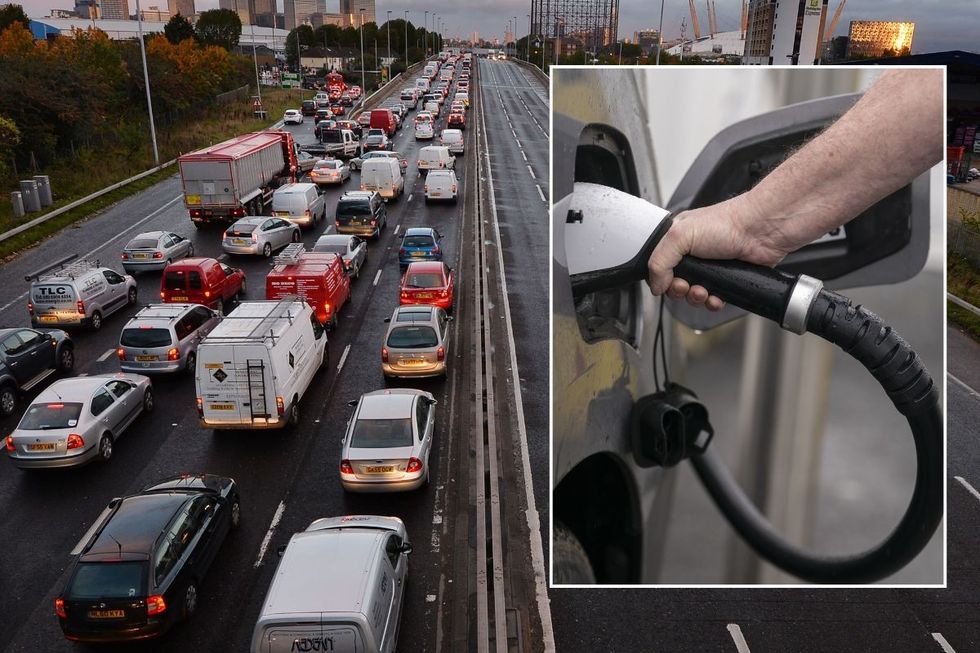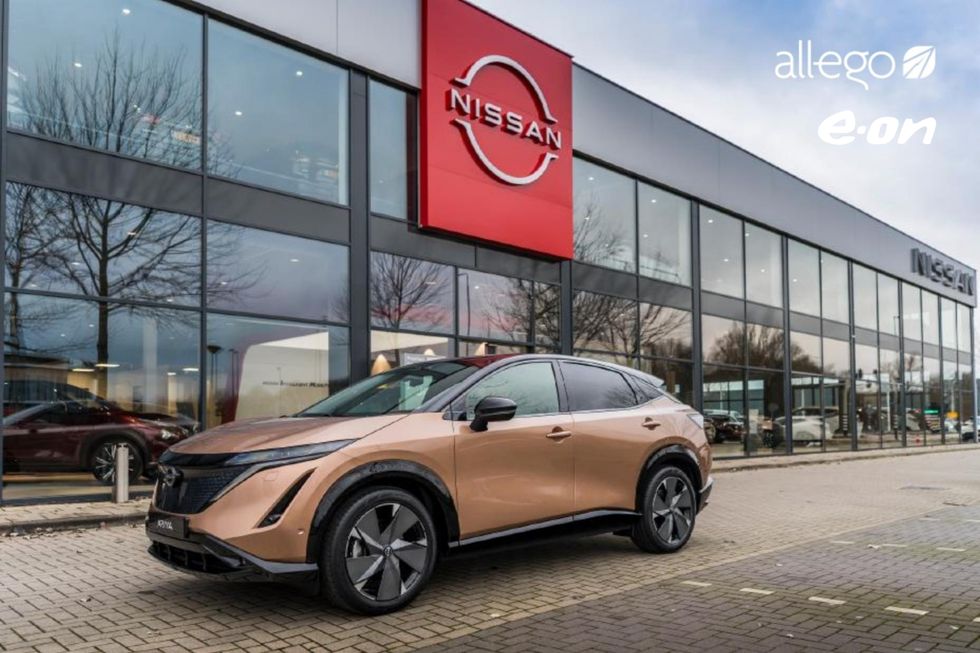The battery technology was found to work in temperatures as low as -30C
Don't Miss
Most Read
Latest
One of the world's biggest car manufacturing companies has provided a major update on the future of range anxiety with optimism around new solid-state batteries for electric vehicles.
Stellantis said it had reached a key milestone in the development of solid-state batteries, alongside its partner Factorial Energy.
The breakthrough FEST (Factorial Electrolyte System Technology) solid-state batteries could enable fast charging from 15 per cent to 90 per cent in just 18 minutes.
Stellantis, which owns Vauxhall, Fiat and Peugeot, aims to incorporate the solid-state batteries into a "demonstration fleet" by 2026.
Do you have a story you'd like to share? Get in touch by emailingmotoring@gbnews.uk

Stellantis is expected to feature the technology in demonstration fleets from next year
GETTY/PA
These batteries differ from lithium-ion batteries, which are present in electric vehicles currently, as they offer higher energy density and faster charging.
Tests of the new solid-state batteries show that they can still perform in extreme temperatures ranging from -30C to 45C.
Ned Curic, chief engineering and technology officer at Stellantis, said: "Reaching this level of performance reflects the strengths of our collaboration with Factorial.
"This breakthrough puts us at the forefront of the solid-state revolution, but we are not stopping there.
"We continue working together to push the boundaries and deliver even more advanced solutions, bringing us closer to lighter, more efficient batteries that reduce costs for our customers."
Stellantis initially invested $75million (£56.1million) into Factorial Energy in 2021, with the motoring giant praising the "promising technology".
Siyu Huang, CEO of Factorial Energy, noted that battery development of solid-state components was about "compromise".
She added: "While optimising one feature is simple, balancing high energy density, cycle life, fast charging, and safety in an automotive-sized battery with OEM validation is a breakthrough.
READ MORE: Electric car battery technology breakthrough could see EVs travel one million kilometres
"This achievement with Stellantis is bringing next-generation battery technology from research to reality."
Solid-state batteries also weigh less than traditional lithium-ion batteries, allowing electric vehicles to have an enhanced range.
Other major car brands have backed the use of solid-state batteries, most notably Toyota. The Japanese brand aims to have this technology in its vehicles in 2027 or 2028.
It claims that these batteries would allow electric vehicles to have a total range of 745 miles and a charging time of just 10 minutes.
LATEST DEVELOPMENTS:

Nissan is moving forward with solid-state batteries to improve range and charging speeds
NISSANToyota has been slower than some other brands to electrify its lineup, but solid-state batteries would allow the brand to more than double the range of its current parc.
Koji Sato, President and CEO of Toyota, said in 2023 that the brand had developed a "crack-resistant material that demonstrates high performance".














